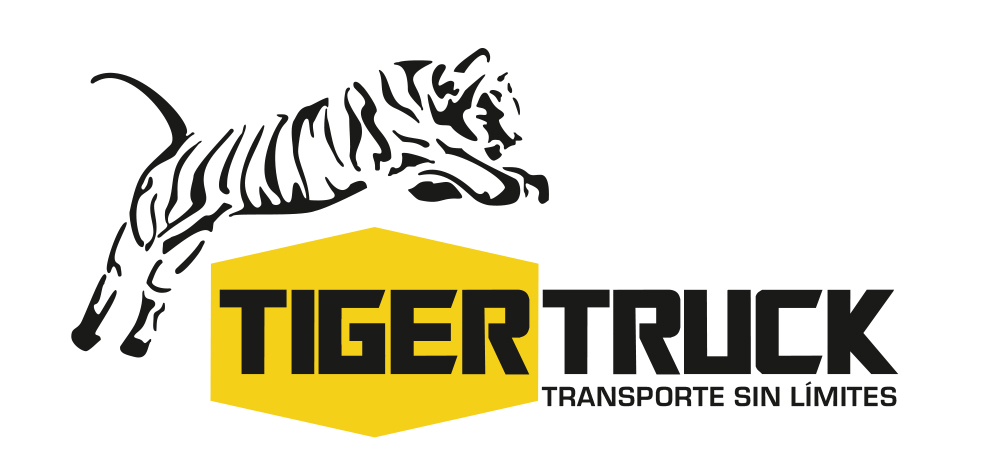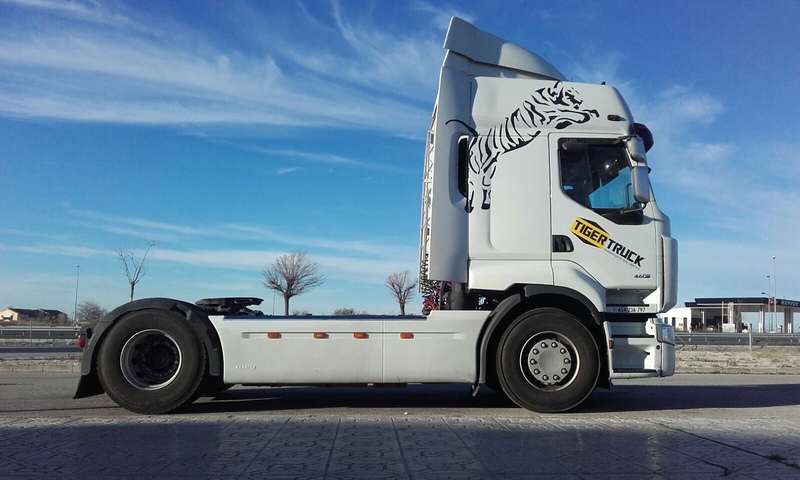The transportation of steel coils represents one of the greatest logistical challenges in the heavy freight industry. Due to their weight and size, steel coils demand specialized techniques to ensure the safety of the load and the integrity of vehicles and infrastructure throughout the journey. In this article, we’ll explain what steel coil transportation entails, the types and features of steel coils, the associated challenges, and practical tips for efficient, safe transport.
What Is Steel Coil Transportation?
Steel coil transportation refers to the process of moving large rolls of steel or other metals from manufacturing points to their destination facilities, such as warehouses, distribution centers, or manufacturing industries. These rolls can weigh several tons and vary in size and thickness, making it essential to have specialized equipment and strict safety protocols in place for handling and transport.
This type of cargo requires vehicles designed to bear its weight, along with securement methods that prevent coils from shifting or getting damaged during transit. Transportation companies experienced in national freight transport must comply with specific safety regulations and employ trained drivers skilled in managing these special loads.
Types of Steel Coils and Their Characteristics
Steel coils can be classified based on the material they are made of and their specific characteristics. The most common types include:
- Cold-Rolled Steel Coils: Featuring a smoother surface, these are used in applications requiring high precision, such as automotive manufacturing and appliances.
- Hot-Rolled Steel Coils: More cost-effective and with greater strength, they are used in construction projects and large-scale structures.
- Galvanized Coils: Coated with a layer of zinc to resist corrosion, these are ideal for outdoor applications and humid environments.
The weight of these coils can range from a few hundred kilograms to over 30 tons. This heavy weight means that steel coil transportation demands solutions that ensure safe transport, avoiding damage to both the load and the personnel involved.
Key Considerations in Steel Coil Transportation
Transporting steel coils involves a range of logistical and safety challenges that must be addressed precisely. Among the main challenges are:
Weight and Balance
Due to the high center of gravity in steel coils, effective securement is necessary to prevent movement that could destabilize the vehicle, causing accidents or damage to the load.
Specialized Securement
It is essential to use specialized straps and steel supports that keep the coils firmly in place. Vehicles must also be equipped with custom beds, known as “coil cradles,” that conform to the cylindrical shape of the load.
Route Planning
For international shipments, such as France-Spain transport or Netherlands-Spain transport, careful route planning is crucial. Suitable roads must be considered to support the weight and dimensions of the loaded vehicle.
The challenges of coil transportation require a highly specialized team and vehicles equipped with real-time monitoring technology to ensure a controlled, safe transfer.
Practical Tips for Steel Coil Transportation
Carrying out steel coil transportation safely and efficiently relies on following a few practical tips that protect the load and ensure the viability of the trip:
Evaluate Transport Equipment
Ensure that the truck is specifically designed for heavy loads and is equipped with coil supports.
Pre-Inspection
Before loading the coils, perform a thorough inspection of the vehicle to ensure that all securement elements are in perfect condition.
Weight Distribution
Arrange the coils so that weight is evenly distributed along the truck, avoiding uneven load points that could compromise stability.
Personnel Training
Ensure that drivers and loading personnel are trained in handling heavy materials and are familiar with safety regulations.
Following these steps helps prevent risks, protecting both the driver and the cargo. Additionally, for industrial machinery transport and other processes requiring similar movements, experience in handling heavy loads becomes essential.
In summary, steel coil transportation is a complex operation that, with the right tools and expertise, becomes a safe and efficient process. Whether transporting loads locally or internationally, specialized companies in this sector must ensure compliance with safety regulations and the use of quality equipment to provide a professional, reliable service.
If you enjoyed this article, you may be interested in: “What Is ADR Class 8 – Basic Definition and Regulations.”

